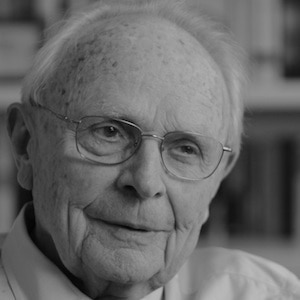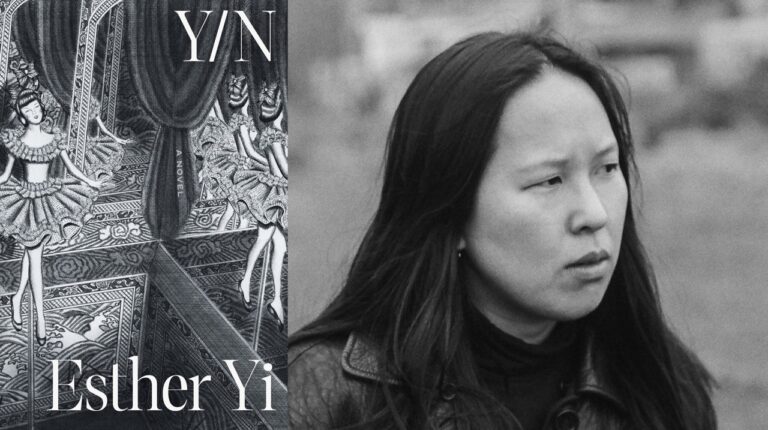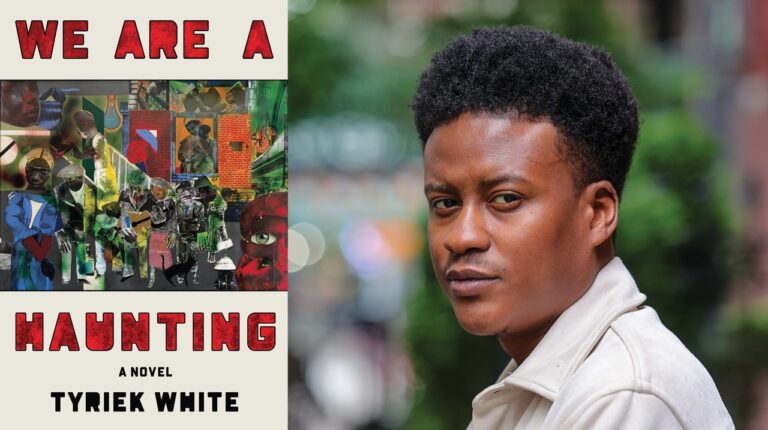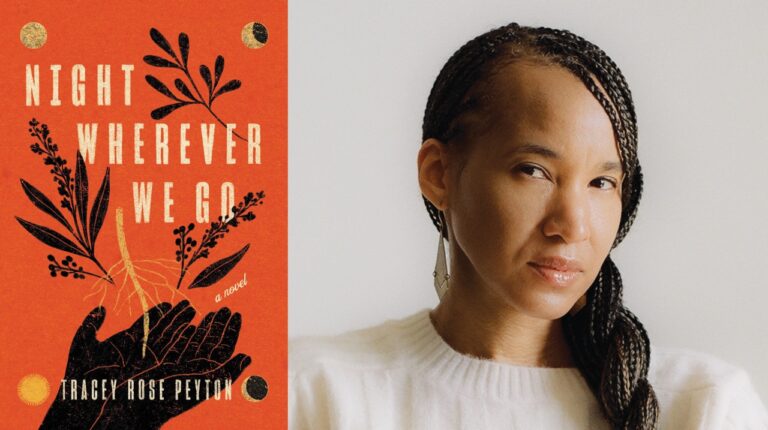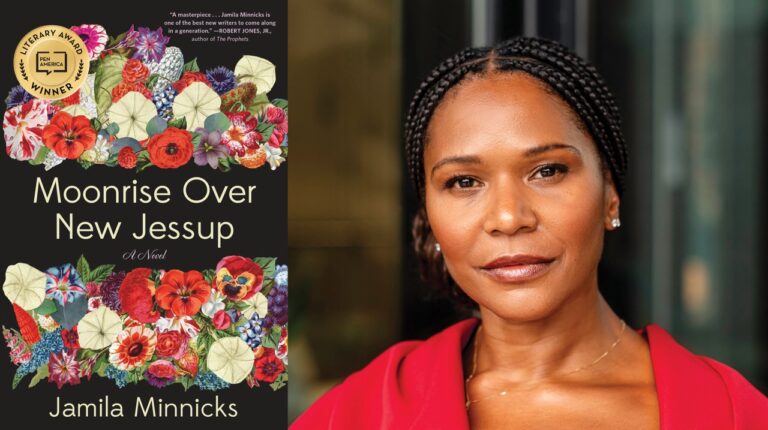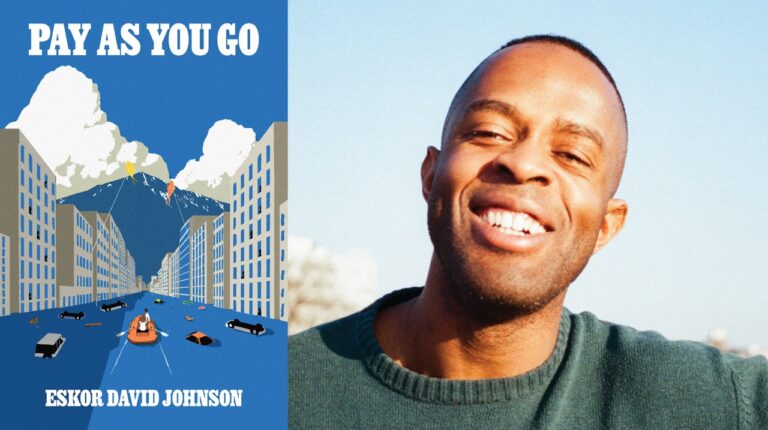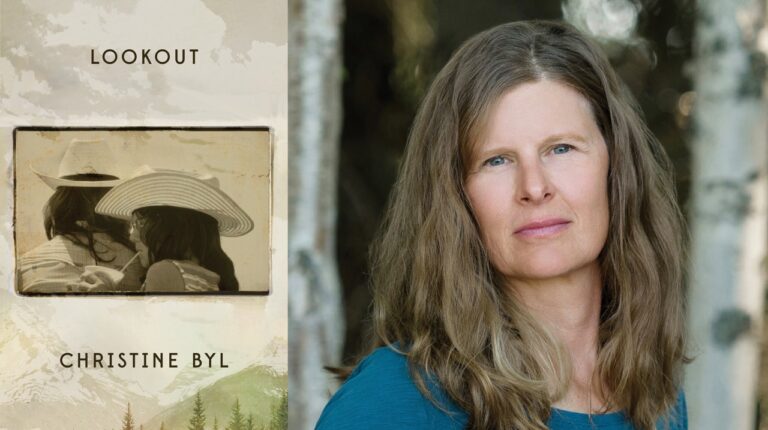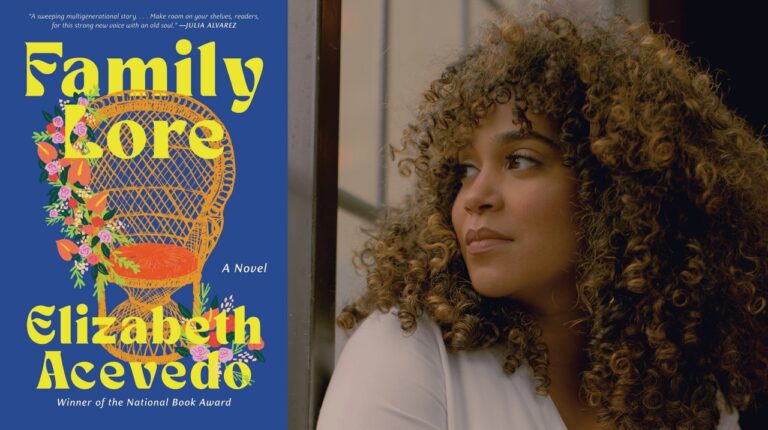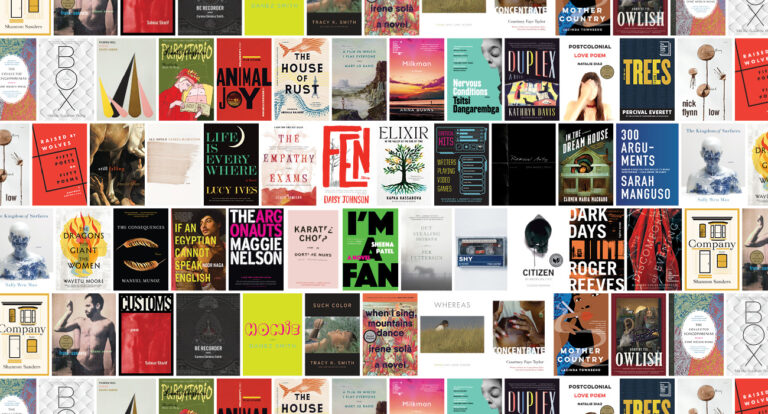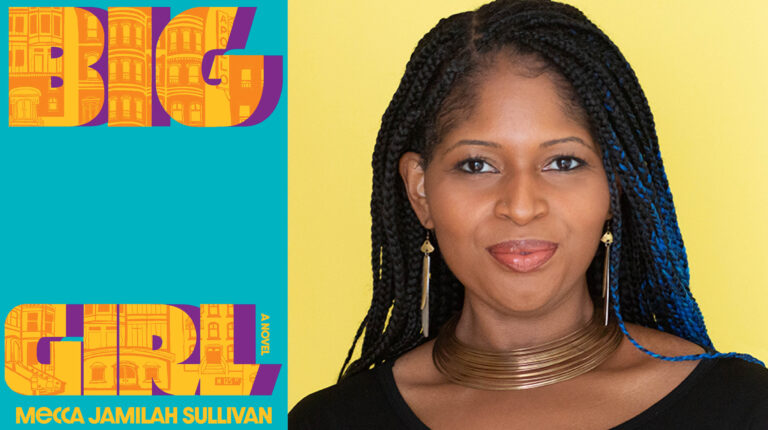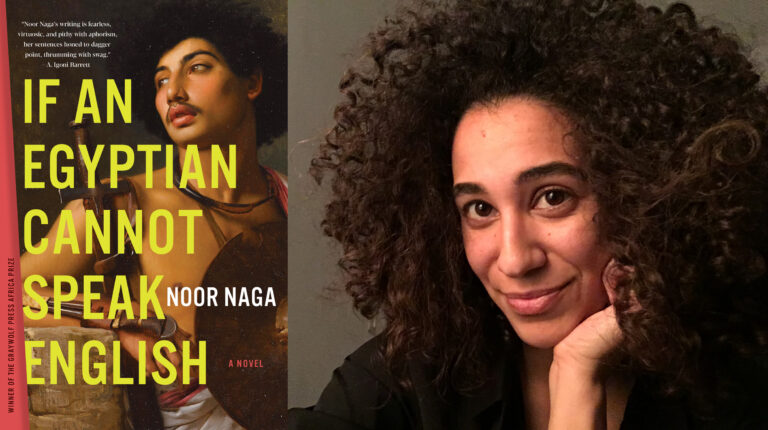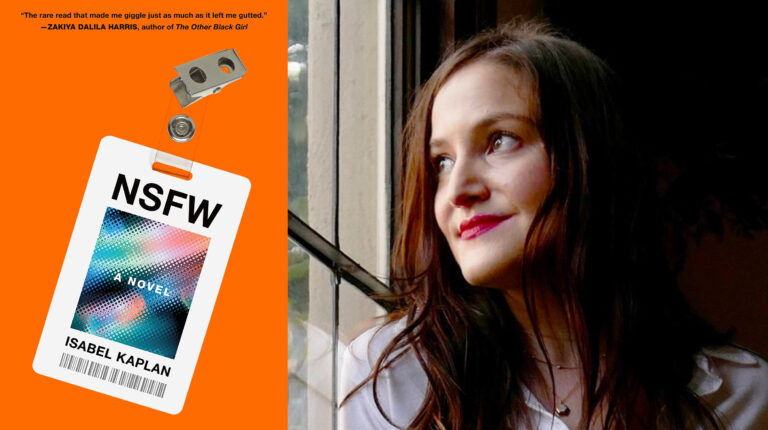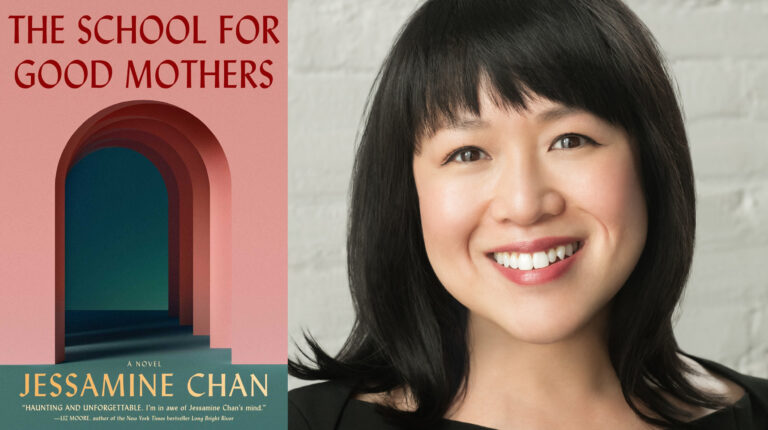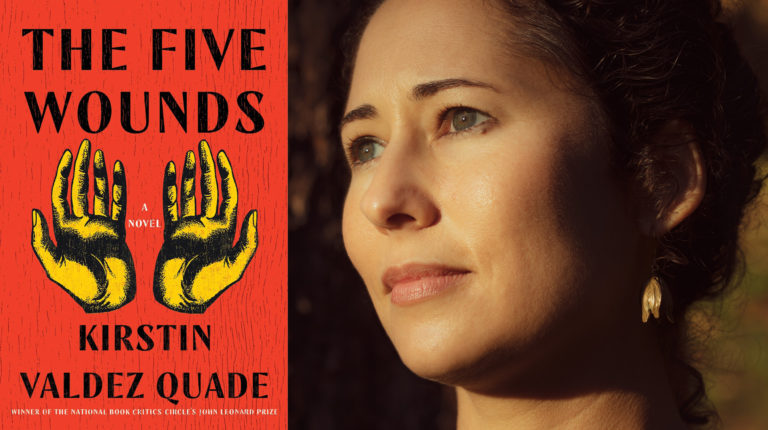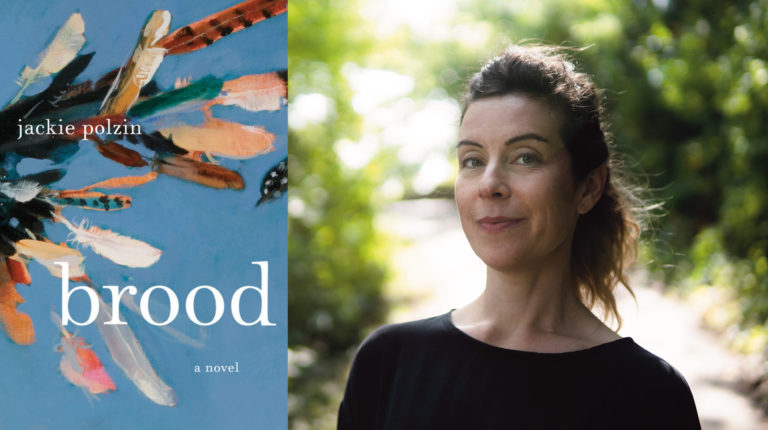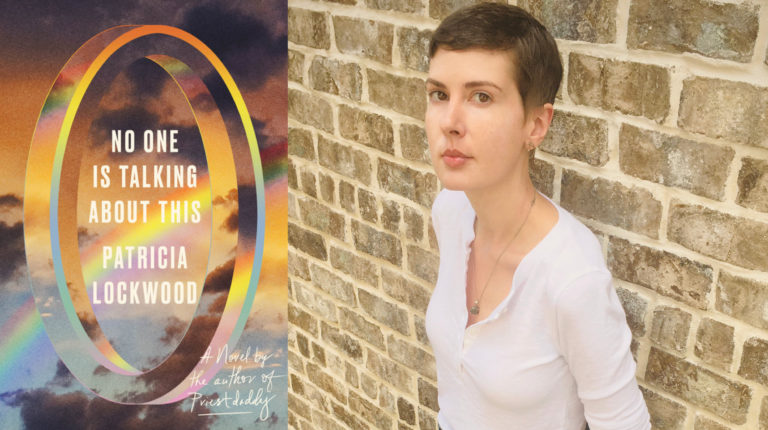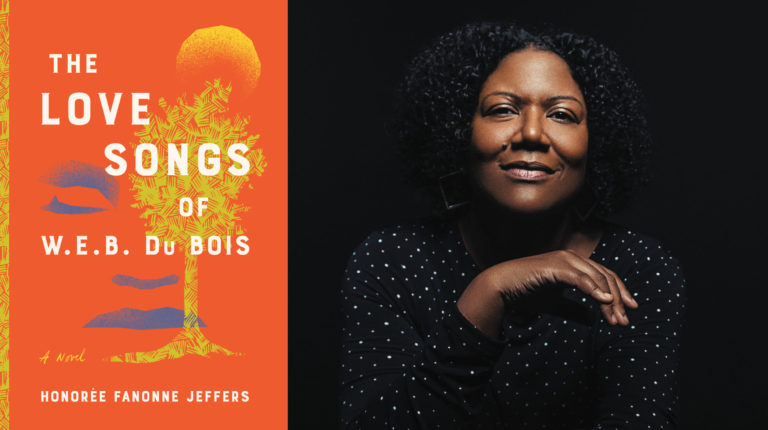Sterling Lord set out his shingle as a literary agent in 1952 and has been in business ever since. As he recounts in his memoir, Lord of Publishing, adversity was the mother of invention: He had just been fired from his job as an associate editor at Cosmopolitan (long before Helen Gurley Brown, when women’s magazines were run by men) and decided he needed a more stable occupation. Although he had never even seen a book contract, he did see an opportunity: Having held three magazine jobs in two years, he felt that he knew some of the best magazine writers and could represent them, both for articles and for books. Post-World War II, as Americans became more mobile, Lord saw a market for nonfiction that would help explain a changing world. The man who began his business with $95 (and then borrowed $5000 from his future mother-in-law and another $1000 from his dad), soon grew wildly successful, representing not only bestselling nonfiction writers (including Jimmy Breslin, Pierre Salinger, and Nicholas Pileggi) but also Jack Kerouac, whose culture-shaking On the Road took four years to sell, and Ken Kesey, the brilliant novelist and Merry Prankster who helped define a generation. Now 92 years old, Sterling Lord met with me in his beautiful book-lined office at Sterling Lord Literistic to talk about his memoir, the thrill of discovery, the changing publishing scene, and the pleasures of reading a physical book.
I find it remarkable that you started your agency in order to represent nonfiction writers, yet you were the agent for some of the novels that changed the cultural conversation in the 20th Century. What is the “it” factor with somebody like Jack Kerouac or Ken Kesey? What stops you in your tracks so that you will represent a book, even if it takes four years to sell?
With Kerouac, I had no idea what would happen to that book. The key thing was that I thought it was a fresh voice, very interesting, and important in terms of the history of literature. Obviously, I believed strongly in what I thought or I wouldn’t have stayed with it for four years.
Kesey was totally different from Kerouac, although I liked each of them very much. They were both very serious about their craft. Jack knew why he was writing what he was writing and Ken was, I think, trying to change the world. He was interested in reaching out to people, trying to demonstrate things that would help restore good in their lives.
The BBC interviewed me a number of years ago on the occasion of the fiftieth anniversary of the publication of On the Road. The journalist who was interviewing me started by saying, “Look, you were the one who represented both Kesey and Kerouac. How the devil did you manage to represent such problem kids?” But they were easy as the devil to represent. All Jack wanted was for me to be sure that no publisher had the right to change his prose or to alter his punctuation. So the minute he articulated that, I got it in all his succeeding contracts.
Do authors still get no-edit clauses like that?
I’ve never heard anybody else get it, but there’s a difference between representing somebody everybody wants and representing just another really good writer. Everybody wanted Jack.
From your book, it seemed like you did do a fair amount of hand-holding. Also, some of your clients didn’t have a clue about the business end of things. It seems now like writers are expected to be business people. They’re expected to be on Facebook and on Twitter and maintain a website and blog.
See, I think it’s the role of the agent to guide them in those things. If the writer knows as much or more about the publishing business than the agent, then they don’t need the agent.
Was there anyone you turned down and you wish you hadn’t? Any regrets?
I can’t think of any.
You’ve been really happy over the years with your list.
Yes. Before I started writing the book, I was having lunch with someone and telling him some of the stories that I was going to put in. He said, “But Sterling, there must be some pain here, some negative stories.” So I came back to the office. I went and talked to Flip [agent Philippa Brophy, also at Sterling Lord Literistic] and she said, “Are there any negative stories here?” She reminded me that we lost Jimmy Breslin, which was an emotional loss—but now I’m representing him again.
You wrote that the market for fiction was shrinking after World War II. Today, a lot of people feel that the market for literary fiction is diminishing more and more. Do you see that happening or do you think it’s going to come out in different forms?
Well, right now there’s a greater market for fiction than I remember in recent years. I’m not saying literary fiction, but if you want to make a sale to any of the electronic publishers, they’re all more interested in fiction than nonfiction. I’ve got a couple of interesting nonfiction ideas that I think would be good electronic books, but it’s hard to find an appropriate publisher. Incidentally, I should tell you, do you know that I’m a published poet?
No.
I wrote one poem once and it was published by a literary magazine at Grinnell College. I later was on their board. I remember what prompted me to write the poem. I can’t remember anything else about it.
What prompted you to write it?
I was in love with a woman.
Did you ever want to be a writer after that?
Not really. I never thought that I wrote well enough to be a writer. In this particular book, of course, I gave it everything. I started writing it fourteen years ago.
Your publisher, Open Road Media, didn’t even exist fourteen years ago! The landscape of publishing is changing drastically. Is there anything you wish could see restored to the way it was?
Well, of course when I started in the 1950s publishing was neither a business nor a profession. It was an occupation. You never heard a publisher talking about the bottom line or profits or things like that. Publishers talked about the quality of the work and the quality of the authors. Then, of course, as the money came, all of a sudden you have people running houses who are more interested in business than in literature. I think I’m being fair here.
Yeah. I had lunch with an editor who said they expect every book she acquires to be a bestseller. That’s her mandate.
All sorts of things have happened. At one point, I was convinced that one of the major publishers had instructed their editors, “I don’t care who the writer is. If the book we’ve contracted for comes in and it needs a lot of work, dump it.” Now, I’ve talked to a couple of editors at that house who had retired and they claim it never happened, but it did happen. Whether they were instructed to do it or not, I don’t know.
Do you have a most treasured book?
You know, I’m not sure I have that. There are some books I’ve reread maybe thirty or forty years after I sold them, which is a great test. I’m going to name one of them, which will surprise you. It’s a book called The City Game by a writer who’s long since dead, named Pete Axthelm. It was about basketball in New York. I reread that just a year or so ago, and it’s fascinating.
What about when you were young? We have a series at the Center for Fiction called “The Book That Made Me a Reader.” Was there anything like that for you? Something that just turned on the lights for you when you were young?
Let’s see. I was the oldest of three boys and we were read to quite a bit. A.A. Milne was very big. Then as I got older our parents would read to us after dinner. We boys would clear the table for our mother and dry the dishes that she washed, and then we’d go into the living room. The three of us would sit around in various chairs. Usually, Mother would read because Dad would lie on the floor and often fall asleep.
Before my father married my mother, he went to the Roycroft Shops in East Aurora, New York and learned to bind books, leather-bound with gold inlay. So as I was growing up, one whole wall in our living room was a bookcase full of the volumes he had bound. That’s what I thought a book was. There was standard stuff like Black Beauty and books that were very popular for a long period of time. My father eventually taught me how to bind a book. He gave a bookbinding merit badge in the Boy Scout organization. All the bookbinding equipment was stored on our ping-pong table, which meant we couldn’t play ping-pong while he was teaching!
I don’t think there will ever be a time when we don’t have the traditional hardcover book. I think there are too many things that it does that electronics can’t. You can put it on your shelf. You can carry it when you’re going someplace. If a guy is carrying a book, it says something about him. Then just the tactile business. I don’t think those things will disappear.
